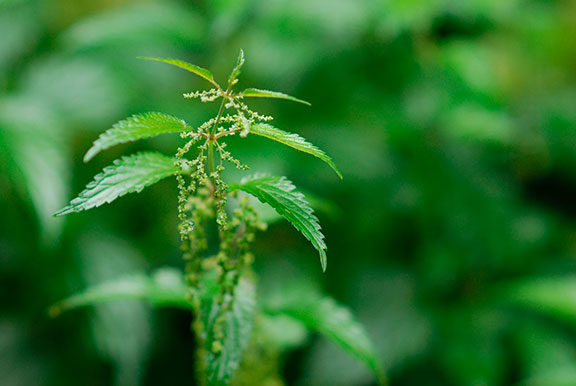Avoid contact with poisonous plants

Photo: sodapix/Thinkstock
Anyone working outdoors is at risk of exposure to poisonous plants, including poison ivy, poison oak and poison sumac.
According to NIOSH, when a worker comes in contact with the sap oil of poisonous plants – either through direct or indirect contact, or inhalation of particles when burning plants – an allergic reaction can occur. Symptoms of exposure include rashes, swelling, itching, and bumps and blisters.
If exposed to a poisonous plant, NIOSH recommends these first aid tips:
- Rinse skin with rubbing alcohol, poison plant wash, or a degreasing soap or detergent as soon as possible.
- Clean under your nails.
- Apply wet compresses, calamine lotion or hydrocortisone cream to the skin to reduce itching and blistering.
- Take an antihistamine to help relieve itching. However, be aware that drowsiness may occur. Take an oatmeal bath – it may help relieve itching.
- Call 911 or go to an emergency department if you have a severe allergic reaction (or if the rash is on the face or genitals), such as swelling or difficulty breathing, or have had a severe reaction in the past.
To help prevent exposure:
- Wear long sleeves, long pants, boots and gloves when working outdoors.
- Wash exposed clothing separately in hot water with detergent.
- Use skin lotions containing the ingredient bentoquatum.
- Do not burn plants that may contain poisonous plants. Inhaling smoke from these plants can cause severe allergic respiratory problems.

